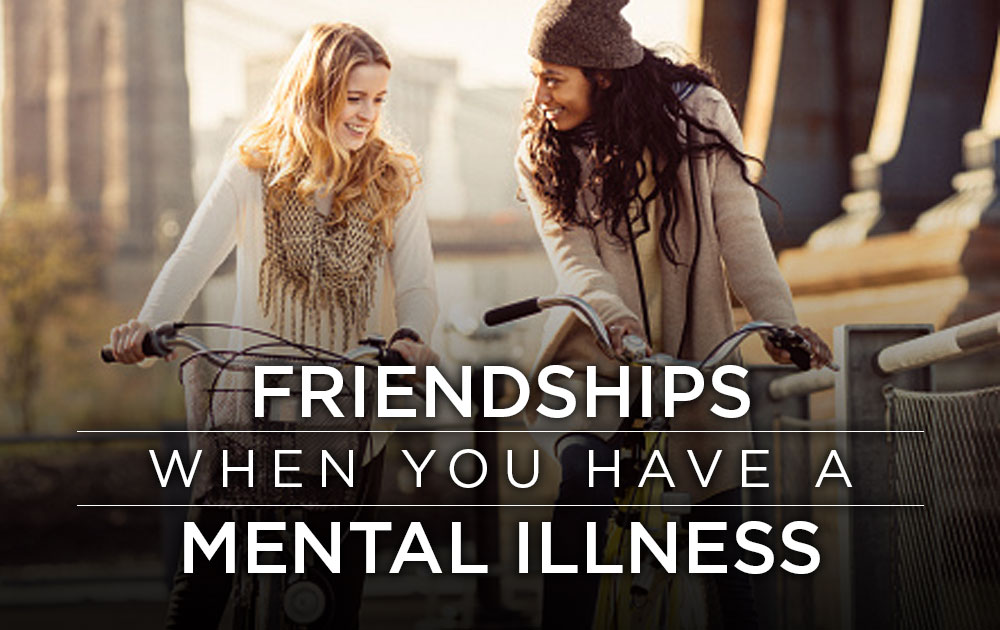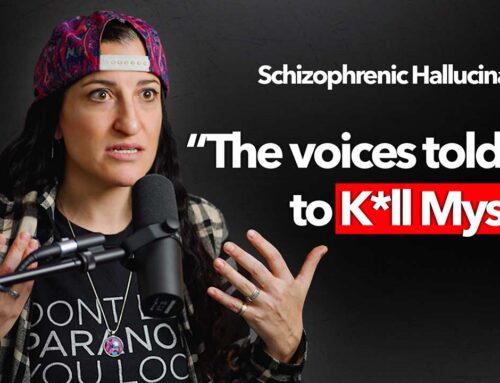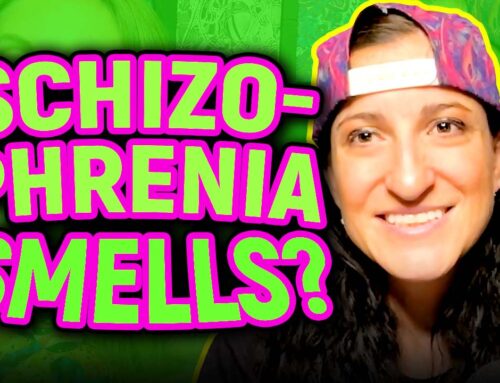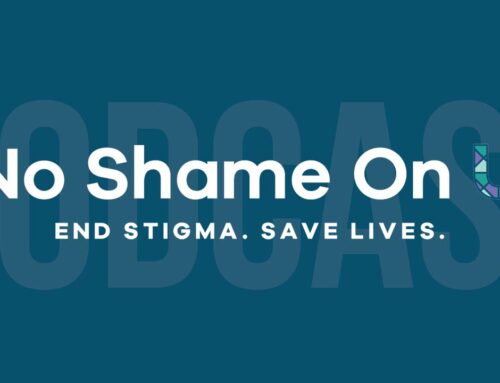Written by Taylor Jones.
I always pictured my 20’s as a time I would constantly be surrounded by friends. I pictured myself partying, traveling, and going to bars with a whole gang of people who loved and respected me. I thought I would be #SquadGoals. But the truth is, here I am at 23, and I only have a handful of people in my life who are friends, and a lot of that has to do with my mental illness.
I have always been the crazy girl, ever since I was a girl.
I have always been the crazy girl, ever since I was a girl. Something was clearly off with my brain, and the way I acted. My classmates and peers just assumed I was nuts, and they weren’t entirely off; later in life I would be diagnosed with a slew of mental illness. However, despite the way my classmates saw me, I desperately sought out love, in form of friendships. I thought I had befriended the entirety of my class; honestly though, half of them hated me, and most of them made fun of me. That was okay for a really long time though; I still called them friends and dismissed cruel behavior as them just teasing me. If anything, I thought, I needed to lighten up.
I thought I had a whole army of people behind me.
I let people use, abuse, and mock me for years. If that’s what I had to sacrifice to have a whole squad, it’s what I would sacrifice. Then, I went to the mental hospital. When I came out, a week later, I noticed there were only three of my friends left standing. Everyone, including my boyfriend at the time, ran for the hills. I thought I had a whole army of people behind me, but I was left with only three humans.
Without them I don’t think I would have healed.
Leaving a mental hospital is a very sensitive, touchy time in a person’s life, where they start questioning everything. I wasn’t an exception to this. I had no idea who I was, or what I was doing. I was hurt by the lack of support I received, but stunned by the support that was provided by three of my friends. They came over daily to check on me, and ask how my group was going. They didn’t make me feel like anything was wrong with me, but at the same time encouraged my treatment and recovery. Without them I don’t think I would have healed.
If at the end of your life you can count all your close friends on one hand, you’re the luckiest person alive.
I loved that my friends were there, and I loved the efforts they put into my recovery, but I was confused as to why so many others fled. I expressed my concern to my father. He gave me the advice his father had given to him. If at the end of your life you can count all your close friends on one hand, you’re the luckiest person alive. My father had shared this piece of wisdom with my ages before, back when he noticed I was keeping bad company in high school, but it wasn’t until my adult life that I realized this to be true.
Finding people who believe in you, and who support your recovery is important to surviving.
Today I have only a few friends I keep in constant contact with, and that’s okay with me. I’ve discovered that quality over quantity is key to friendships when you have a mental illness. Building a strong support system is difficult when you struggle mentally, but finding people who believe in you, and who support your recovery (and understand mental relapses, or relapse in general) is important to surviving when you live with mental illness.
Schizophrenic.NYC Mental Health Clothing Line Blog Post
Schizophrenic.NYC Mental Health Clothing Line Blog Post






